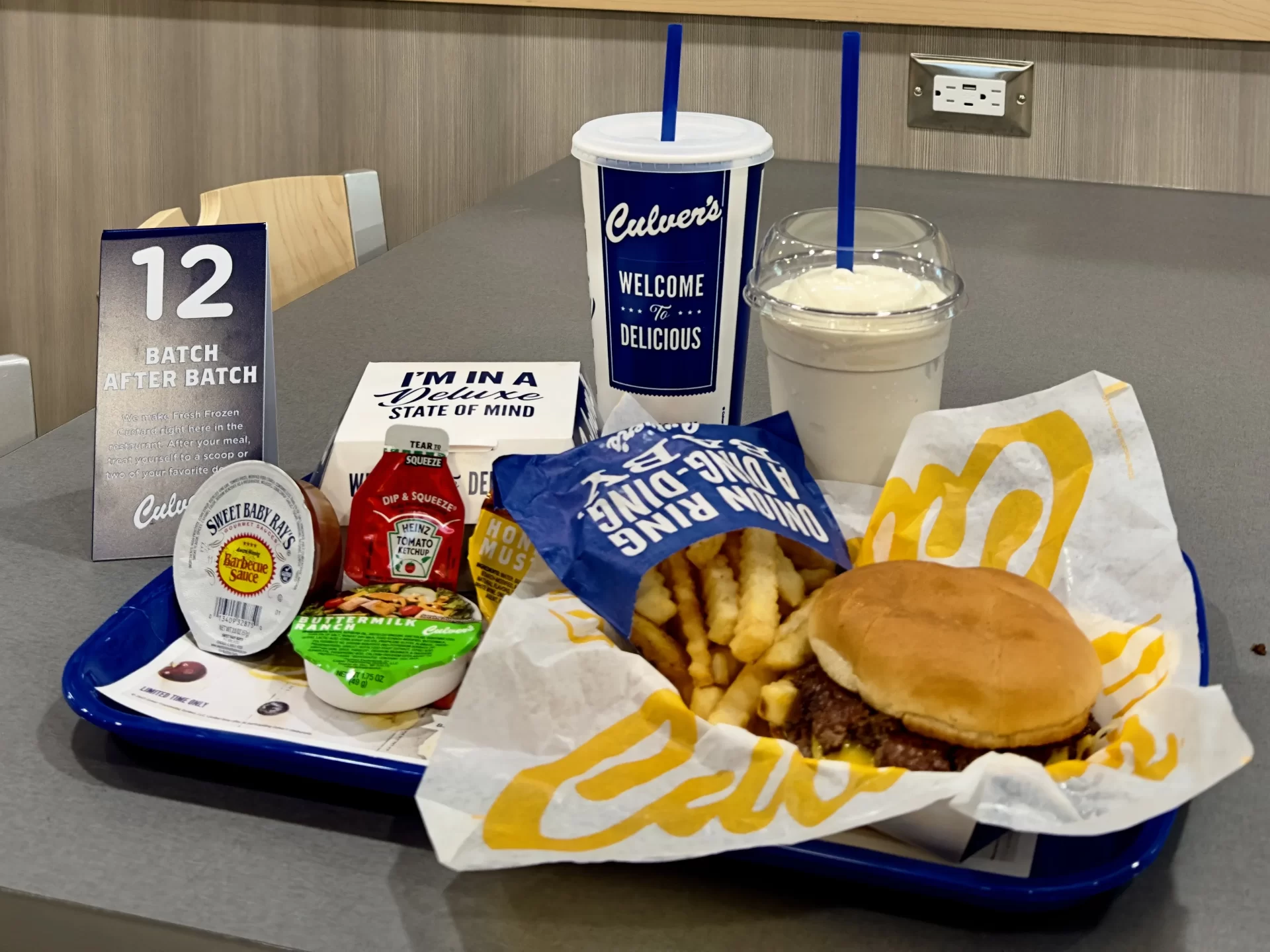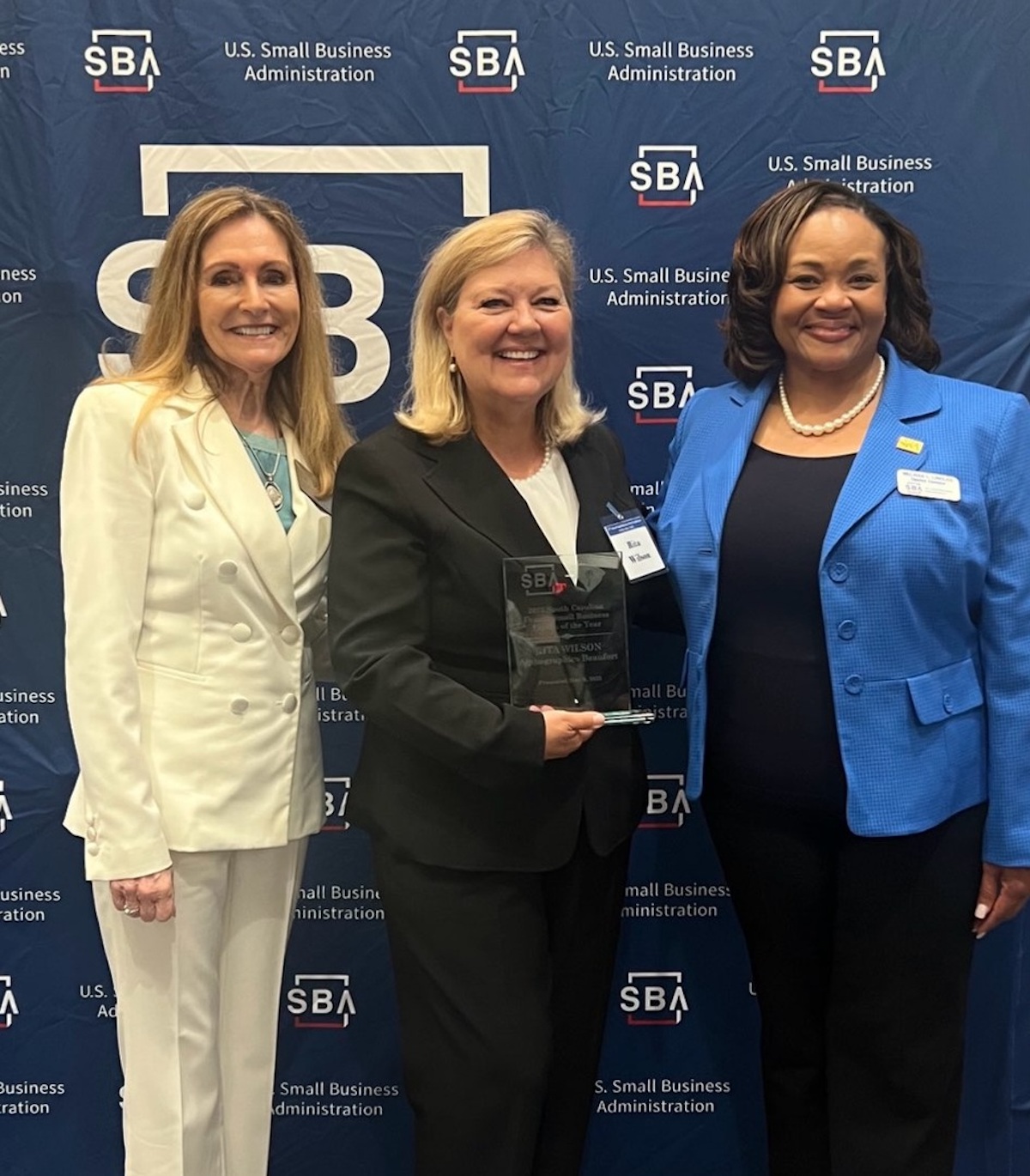Short-term outcomes are important, but process ultimately determines long-term results.
Jim O’Shaughnessey, author of “What Works on Wall Street,” recently wrote about seven traits that he believes are required for active investors to win in the long run.
I fully agree with all seven, but I found No. 2 on his list to be particularly compelling:
2. Successful Active Investors Value Process over Outcome.
“If you can’t describe what you are doing as a process, you don’t know what you’re doing.”
– W. Edwards Deming
The vast majority of investors make investment choices based upon the past performance of a manager or investment strategy. So much so that SEC Rule 156 requires all money managers to include the disclosure that “past performance is not indicative of future results.”
It’s ubiquitous – and routinely ignored by both managers and their clients. In keeping with human nature, we just can’t help ourselves when confronted with great or lousy recent performance.
“What’s his/her track record?” is probably investors’ most frequently asked question when considering a fund or investment strategy. And, as mentioned above, the vast majority of investors are most concerned with how an investment did over the last one- or three-year period.
Yet successful active investors go further and ask, “What’s his or her process in making investment decisions?”
Outcomes are important, but it’s much more important to study and understand the underlying process that led to the outcome, be it good or bad.
If you only focus on outcomes, you have no idea if the process that generated it is superior or inferior. This leads to performance chasing and relying far too much on recent outcomes to be of any practical use.
Indeed, shorter-term performance can be positively misleading. Long-term success with active management comes from doing sufficient due diligence to either design a robust investment process yourself (or to employ one designed by someone else) and then to execute, execute, execute.
If the process is sound, long-term outcomes should take care of themselves.
This article was written by Dorsey Wright and Associates Inc., and provided by Charles Tumlin, managing director, TLS Wealth Management of Raymond James.
Charles Tumlin is a financial advisor with Raymond James & Associates Inc., member New York Stock Exchange/SIPC located at 2015 Boundary St., Suite 220, Beaufort SC 29902.
He can be contacted at 843-379-6100 or charles.tumlin@raymondjames.com or visit www.tlswealthmanagement.com
Opinions expressed in the attached article are those of the author and are not necessarily those of Raymond James. Raymond James is not affiliated with nor endorses the author or his firm. All opinions are as of this date and are subject to change without notice.
The information contained herein has been prepared without regard to any particular investor’s investment objectives, financial situation, and needs. Accordingly, investors should not act on any recommendation (express or implied) or information in this material without obtaining specific advice from their financial advisors and should not rely on information herein as the primary basis for their investment decisions.







